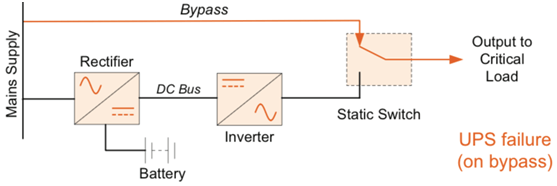If UPS (uninterruptible power supply) systems were not available, the consequences would be far-reaching and significant.
First and foremost, the reliability and continuity of power supply would be severely compromised. UPS systems are designed to provide a backup power source in the event of a power outage, ensuring that critical systems and equipment continue to function without interruption. Without UPS systems, these systems and equipment would shut down or malfunction whenever the power goes out.
This would have a significant impact on various industries and sectors that rely on stable power supply to function properly. For example, hospitals and other healthcare facilities rely on UPS systems to ensure that life-saving equipment and systems remain operational during power outages. Without UPS systems, patients could be at risk and medical procedures could be disrupted.
Similarly, the absence of UPS systems would also have a major impact on the financial sector, where power outages could disrupt financial transactions and cause significant losses. Data centers and other businesses that rely on computers and other electronic equipment would also be greatly impacted, as power outages could result in data loss and downtime.
In addition to the impact on businesses and industries, the absence of UPS systems would also affect individuals and households. Power outages can be a major inconvenience and can disrupt daily activities, such as cooking, doing laundry, and even using the internet. Without UPS systems, these disruptions would be much more frequent and prolonged.
Overall, the absence of UPS systems would have a significant impact on the reliability and continuity of power supply, with far-reaching consequences for businesses, industries, and individuals. It is clear that UPS systems play a vital role in maintaining stable power supply and ensuring that critical systems and equipment remain operational during power outages.






